
Hackathons. Knowledge Accelerators (KAx). United Nations Digital Certificates. United Nations Virtual Reality training. United Nations Artificial Intelligence (AI) learning systems. Global Arts, Culture and Tourism (ACT).
Curious? See the many ways in which Knowledge Token® is being used today!
Knowledge Token® (Knowken®) is designed to fundamentally transform the way in which learners, educators, and educational content creators acquire, distribute and generate knowledge.
As an incentive and participation token that is awarded to learners in exchange for intellectual achievements, while privately and securely recording corresponding academic progress, Knowledge Tokens are issued in amounts that correspond to the units or amounts of knowledge, skills and/or credits that learners earn.
Knowledge Token® can be considered to be intellectual currency and, as such, may be used to pay for goods and services such as mobile phones, tablets, computers, games, textbooks, tuition and more.
Following an inclusive global participatory approach to the design, development and deployment of Knowledge Token®, the Knowledge Foundation adheres to the core principle of being "open to all."
 Knowledge Token® was introduced to the public in 2017 at the international Immersive Italy Summit in collaboration with INDIRE, the research division of the Italian Ministry of Education. Founded in 1925, INDIRE (National Institute for Documentation, Innovation and Educational Research) is the Italian Ministry of Education's oldest and most highly regarded educational research organization and is considered the benchmark for educational research in Italy.
Knowledge Token® was introduced to the public in 2017 at the international Immersive Italy Summit in collaboration with INDIRE, the research division of the Italian Ministry of Education. Founded in 1925, INDIRE (National Institute for Documentation, Innovation and Educational Research) is the Italian Ministry of Education's oldest and most highly regarded educational research organization and is considered the benchmark for educational research in Italy.
Knowledge Token® features the ability to privately and securely capture, record and represent the knowledge, skills and/or credit earned by learners via formal and informal education, educational software (e.g., websites, applications, mobile apps, etc.), training exercises and scenarios, self-paced and self-directed educational experiences, professional development (PD), and other forms of teaching, training and education.
These forms of knowledge-, skill-, and credit-based information and data include, but are not limited to, attendance and participation records, quiz results, test and exam results, progress and status reports, assessments, logs, rubrics, numerical grades, letter grades, pass/fail grades, grade point averages (GPA), scores, credits, credit hours, credit by examination, semester credit hours, contact hours, certification and certificates, degrees, diplomas, and so forth.
Knowledge Tokens cannot be bought or purchased: they must be earned. Similarly, Knowledge Tokens are only issued in cases where backing (funding) for the tokens has been fully secured in advance of issuance. Backing is obtained through grants, donors and sponsors.
In accordance with its non-profit global education mission, the Knowledge Foundation is establishing national (country) and regional offices that together form the foundation's distributed organizational structure with the intention of country and regional banks holding the funds that back Knowledge Tokens issued in their respective locales.
Country and regional offices (operational units) decentralize and distribute the Knowledge Foundation's organizational structure by empowering nations and regions with direct oversight and control over how Knowledge Token® is used for their populace while enabling those nations and regions to realize the associated economic benefits.
To this end, Knowledge Foundation operational units conduct their respective activities in coordination with academic, economic and financial bodies and entities in their nation or region.
Details about the Knowledge Foundation's organizational structure, operational units, Knowledge Accelerators (KAx), Hackathons, Summits and related background materials are provided in the overview document below:
Every product in the Knowken® Store can be purchased entirely with Knowledge Token incentive and reward tokens. Participants in Immersive Education clubs (iED Clubs) and camps (iED Camps) are authorized to sell their own items in the Knowken® Store.

Knowledge Token are digital incentive, participation and reward tokens that are issued in amounts that correspond to the amount or units of knowledge, skills and/or credits that learners earn through the successful completion of tasks and activities using digital software (i.e., websites, software applications, mobile apps, etc.) and/or non-digital means such as traditional non-digital classes or courses, hands-on training, pencil-and-paper assignments and examinations, etc.
Upon the successful completion of a specified task or activity the corresponding quantity of Knowken® digital tokens are created and issued via software programs that run on specially configured Internet server computers. The software responsible for creating, issuing and managing the tokens runs on the "server-side" and, as such, is not visible or accessible to end users (the software can not be downloaded to a computer or mobile device, for example, since it runs on specially configured Internet server computers that aren't visible or accessible to end users). In this way the entire process of creating, issuing and managing Knowken® digital tokens is entirely transparent and invisible to the end user.
Learners who have earned Knowkens can redeem them for goods through the online Knowken® Store and other online websites that are authorized to interface with end users for such purposes.
 What is a Knowledge Token? Learn about the Knowken incentivization and reward system in the 2018 Magazine of the International Child Art Foundation interview with Aaron E. Walsh, Director of the Knowledge Foundation and Immersive Education Initiative.
What is a Knowledge Token? Learn about the Knowken incentivization and reward system in the 2018 Magazine of the International Child Art Foundation interview with Aaron E. Walsh, Director of the Knowledge Foundation and Immersive Education Initiative.
Open International Standards (OIS) related to Knowledge Token® are developed by Knowledge Foundation members through Technology Working Groups (TWGs) and non-technical Working Groups (WGs) that are chaired by faculty, administrators, and researchers.
Whereas Working Groups address non-technical aspects of the system, such as legal and economic matters, Technology Working Groups develop, deliver and maintain technological materials such as technical reports, design documents, specifications, reference implementations, software implementations, conformance test suites, best practices, curricula, usage guides and reviews of deliverables produced by other TWGs.
For an overview of active WGs and TWGs refer to the Knowledge Groups area.
Our mission is to make Knowledge Token® universally accessible to every learner everywhere.
Knowledge Token® is designed to transform the learning and teaching experience in an inclusive manner by enabling learners from around the world to benefit from it irrespective of their age, location, financial status or social status.
The Knowledge Foundation adheres to the core principle of being "open to all" by following an inclusive global participatory approach to the design, development and deployment of Knowledge Token®.
To this end, the foundation and our collaborators are working closely with academics, engineers and students across countries and continents, including Switzerland, the United States, United Kingdom, France, China, Africa, Latin America and Asia.
By making educational opportunities equally available to all — from the global North to the global South — Knowledge Token® is being created in the spirit of "nothing for us without us."
Significantly, Knowledge Token® contributes to several UN Sustainable Development Goals and, most importantly, SDG 4 (Quality education).
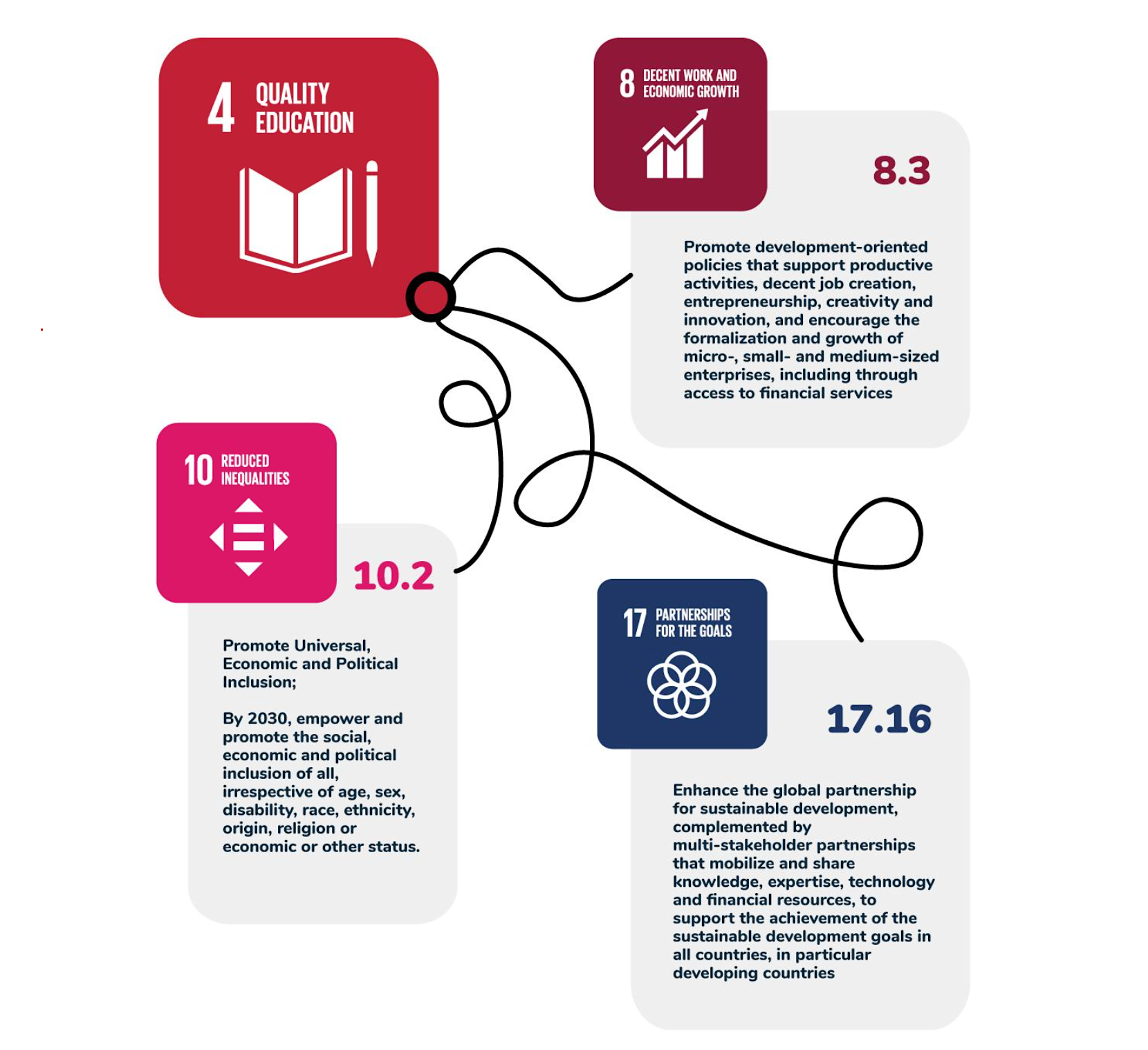
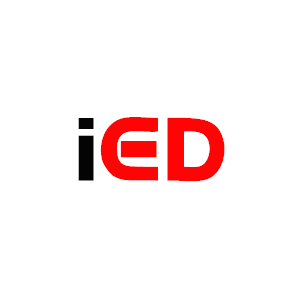
The international Immersive Education Initiative (USA)

Lucerne University of Applied Sciences and Arts (Switzerland)
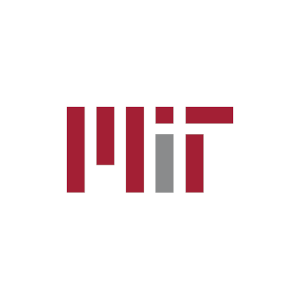
Massachusetts Institute of Technology Bitcoin Club (USA)

Uni. College Oxford Blockchain Research Centre (UK)
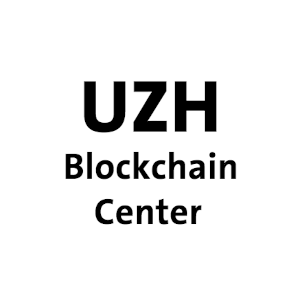
University of Zurich Blockchain Center (Switzerland)
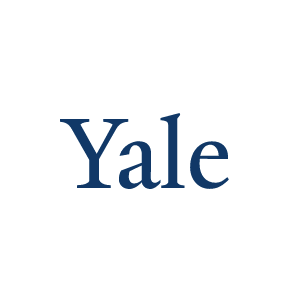
Yale University Blockchain Club (USA)
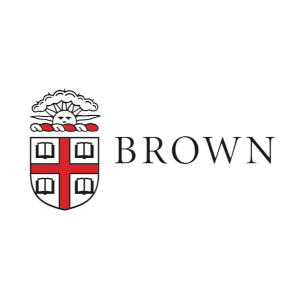
Brown University Blockchain Club (USA)

Global Resource for Anti-Corruption Education & Youth Empowerment (GRACE)
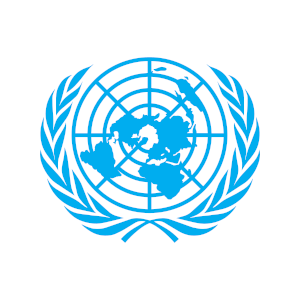
United Nations Office on Drugs & Crime
(UNODC)

Immersive Education Initiative, the world's foremost experts in immersion and immersive technology, is a non-profit international collaboration of educational institutions, research institutes, museums, consortia and companies. The Initiative was established in 2005 with the mission to define and develop standards, best practices, technology platforms, training and education programs, and communities of support for virtual worlds, virtual reality, augmented and mixed reality, simulations, game-based learning and training systems, immersive teaching and immersive learning platforms, and fully immersive environments such as caves and domes.
Thousands of faculty, researchers, staff and administrators are members of the Immersive Education Initiative, who together service millions of academic and corporate learners worldwide.
Collaborators and Summit speakers include faculty, researchers, graduate students, and executives from the world's leading academic and cultural organizations, universities, and companies, such as United Nations, United States Department of Education, Harvard University, University of Oxford, Massachusetts Institute of Technology (MIT), The Smithsonian Institution, Stanford University, NASA, Google, Microsoft, Intel, Twitter, Disney, Oracle, Computerworld, Italian Ministry of Education, the Louvre Museum and Palace of Versailles, Royal Institute of Technology (Sweden), Sorbonne University (France), Keio University (Japan), Nippon TV (Japan), National University of Singapore (NUS), Government of New South Wales (Australia), Israel Ministry of Education, University of Glasgow (UK), European Learning Industry Group (ELIG), Università degli Studi di Padova (University of Padua, Italy), University of Zurich (Switzerland), Trinity College (Ireland), University of Barcelona (Spain), Italian National Research Council (Consiglio Nazionale delle Ricerche), Universidad Carlos III de Madrid (Spain), and many more world-class organizations
To learn more visit https://ImmersiveEducation.org
Titles and organizations at time of speaking
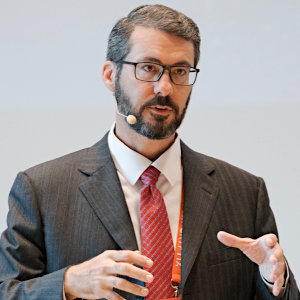
Founding Director of the Immersive Education Initiative (iED) and Boston College faculty
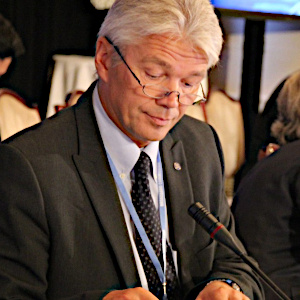
Asst. Director General, United Nations Educational, Scientific & Cultural Organization

Director, Office of Educational Tech, U.S. Dept. of Education & Immersive Education advisor

Chief Ranger, U.S. Dept. of the Interior National Park Service (NPS) and Immersive Education club advisor
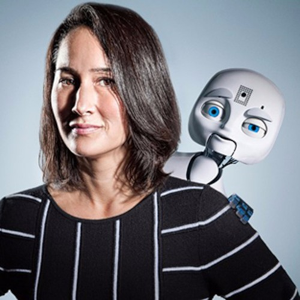
MIT Media Lab Associate Director and Massachusetts Institute of Technology Prof. of Media Arts & Sciences

Harvard Graduate School of Education Timothy E. Wirth Professor in Learning Technologies, Harvard University

Fellow of University College, Oxford, and Director of University College Oxford Blockchain Research Centre
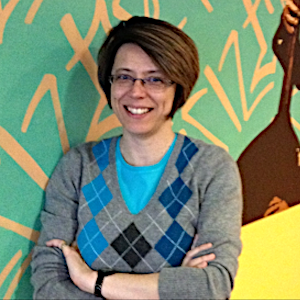
Director of New Media & Technology, Smithsonian and Immersive Education Initiative Arts and Culture co-chair
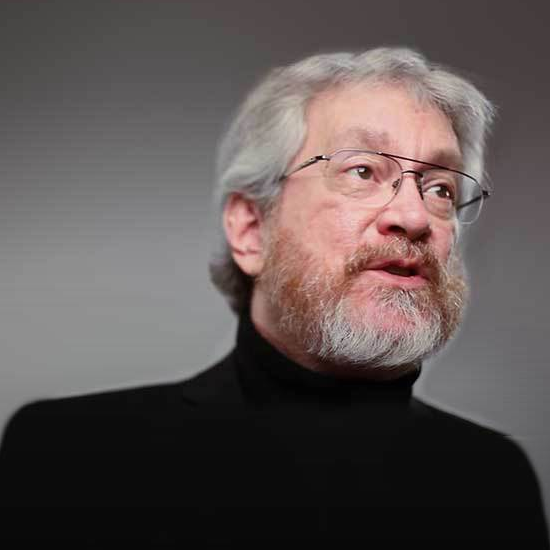
Co-creator and co-director, Massachusetts Institute of Technology Media Lab and Media Lab Asia
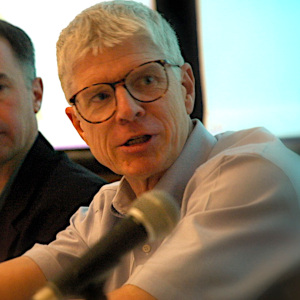
President, Federation of USA Scientists & Immersive Education advisor

Lead Researcher, National Aeronautics and Space Administration (NASA) Learning Technologies
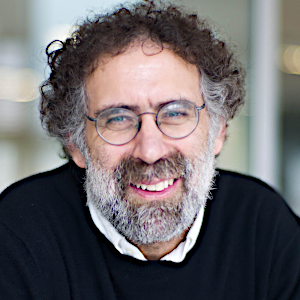
Professor of Learning Research and Director of MIT Okawa Center & Lifelong Kindergarten group

Faculty, Stanford University and Co-Chair of the Immersive Education Initiative Open File Formats TWG

Stereoscopic Supervisor, Disney Animation Studios and Academy Award®-winning film "Frozen"

Senior Principal SRE/SWE (Site Reliability Engineer and Software Engineer), Google

Futurist, Intel Corp. and professor at University of Washington & California College